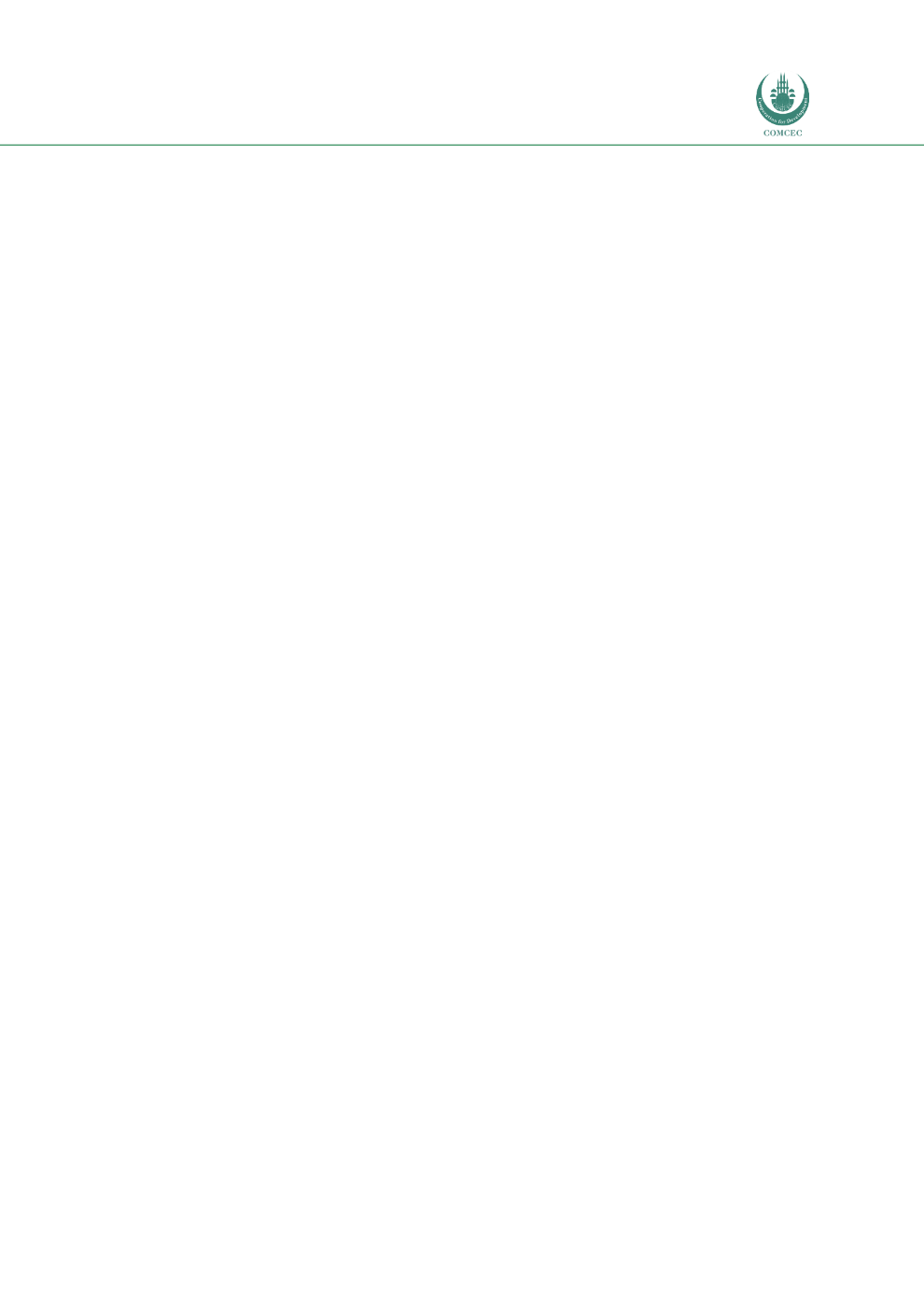

Islamic Fund Management
41
Equally important is the development of a trusted Shariah framework to govern the operations
of the Islamic fund management industry within accepted Shariah parameters. The issuance of
guidelines on Shariah screening and purification processes provides greater clarity to
investors and other market participants in their business conduct.
Pillar 2 - Development of Institutional Funds
The development of a captive market for Shariah-compliant assets is key to building an
investor base for Islamic funds. Wealth preservation and capital appreciation start with
market awareness on the importance of investing and saving. Governments of developed and
non-developed countries have instituted government-linked bodies to manage retirement
funds. Furthermore, the level of financial inclusion differs among countries. As such, the
institutionalisation of public savings goes a long way towards facilitating the development of a
local fund management industry. An example is the making of retirement allocations
compulsory for both employers and employees. Institutions that are established to manage
these funds provide funding to AMCs. Therefore, if Muslim members or those with ethical
preferences or institutional investors choose to invest in Shariah-compliant funds, this will
provide a catalyst for the growth of the Islamic fund management industry.
Pillar 3 - Liberalisation of Policies and Guidelines
The liberalisation of policies and guidelines promote investment in a broader spectrum of
assets and corporate bond markets while allowing fund managers and investors to diversify
their investment portfolios. The entry of foreign-based fund managers into the local market
also provide access to a global network of investors and, hence, opportunities for foreign
investment in local funds. The diversity of the investor base plays an important role in
deepening the liquidity of the local ICM. The liberalisation of capital controls is equally
important to facilitating the free inflow of capital funds.
Pillar 4 - Tax Framework
The establishment of tax neutrality facilitates the costing of Islamic finance products, to be
competitive with conventional products. Additional tax incentives to encourage investors to
choose Shariah-compliant investments provide an added platform for the expansion of the
Islamic finance market. Some countries also provide tax rebates for individuals to invest in
retirement schemes and children’s education―all of which help strengthen demand.
Pillar 5 - Market Infrastructure
The development of a strong stock exchange facilitates investment in the equity of listed
companies and for sukuk funds to list on its platform. A fully integrated exchange that offers a
complete range of exchange-related services―including trading, clearing, settlement and
depository services―will help build a robust equities and sukuk market.
The advent of a comprehensive value chain of intermediation, advisory and back-office
services is equally important in supporting Islamic fund management activities. These include
fund accounting, trustee services, legal and audit services, which all play a significant role in
the overall development of Islamic funds.
















